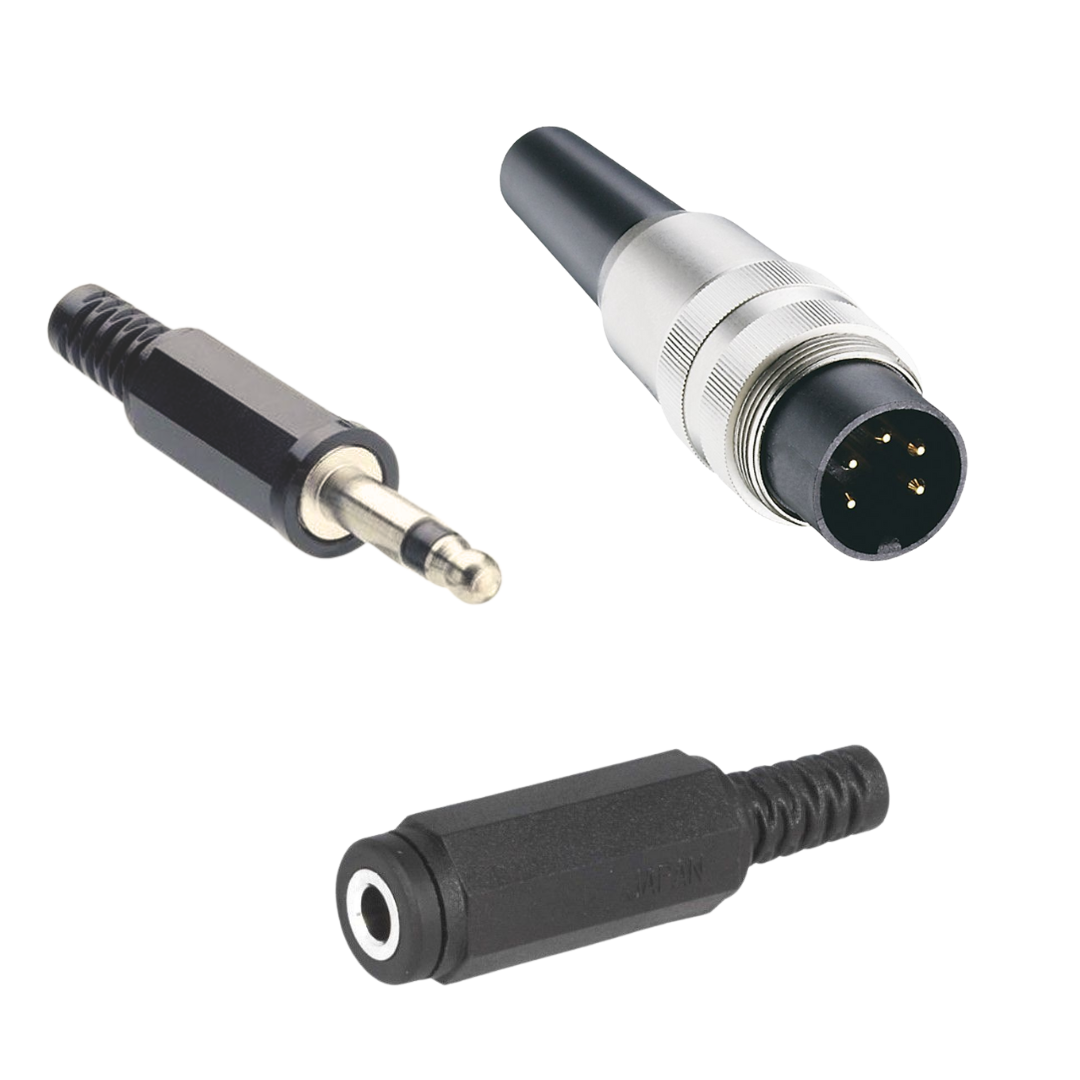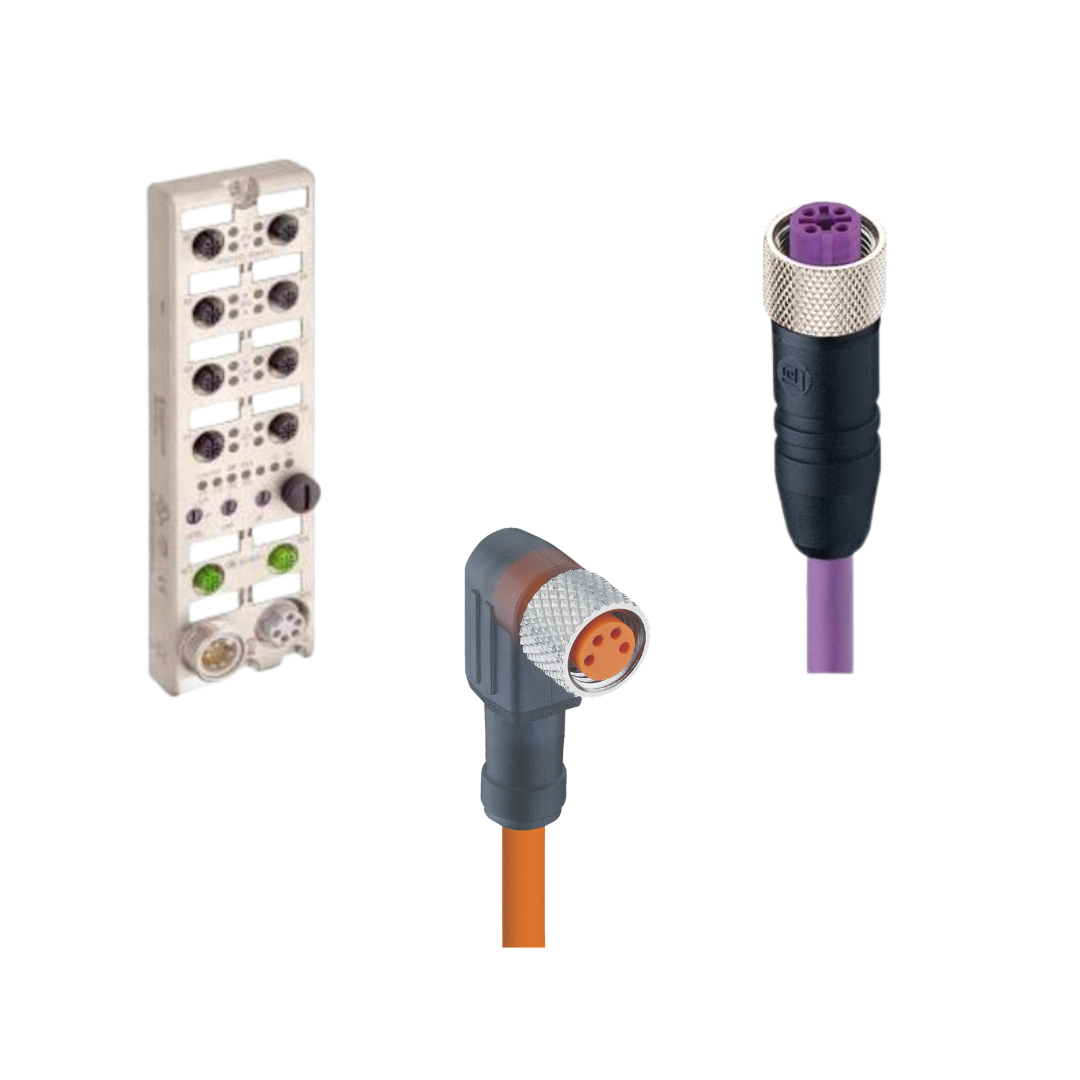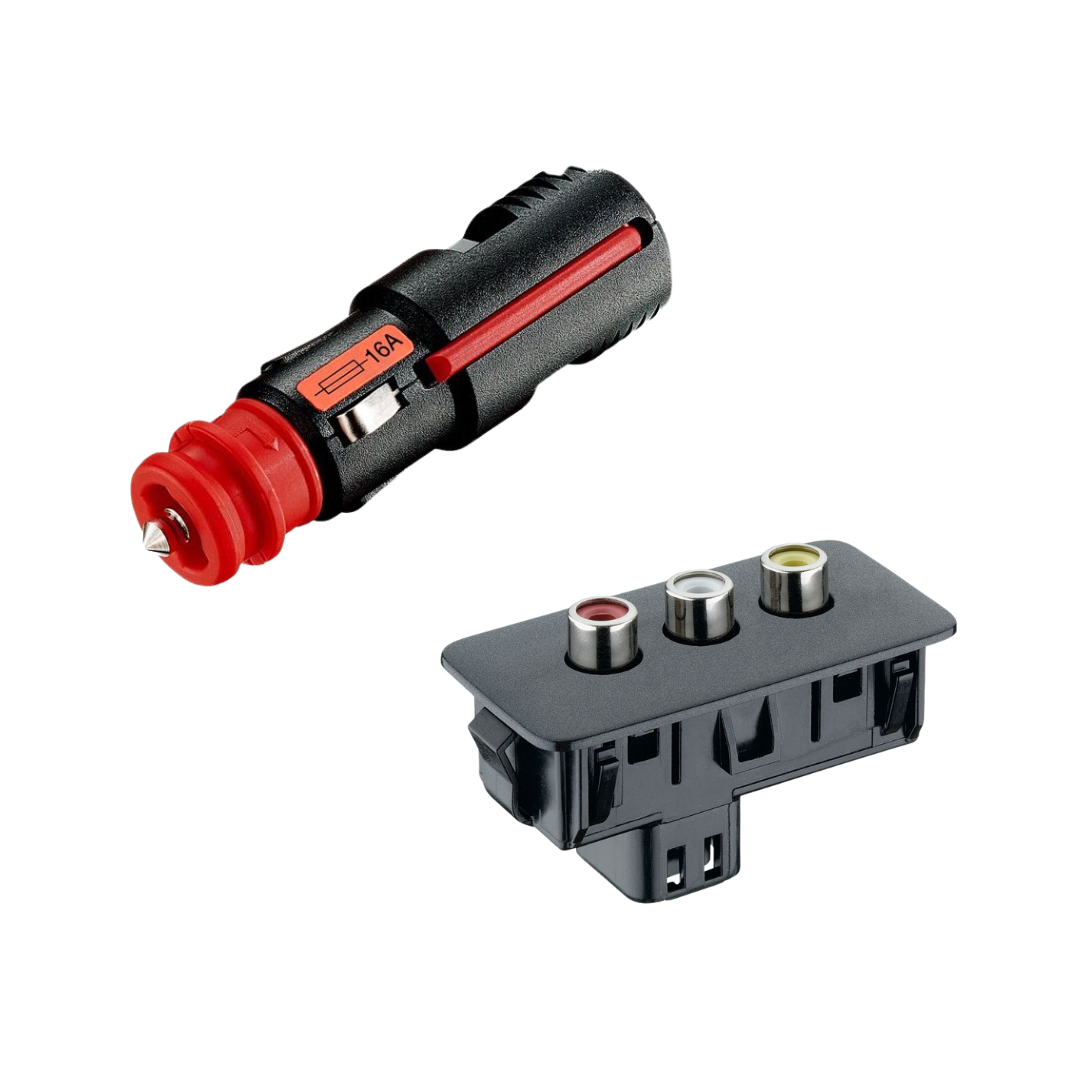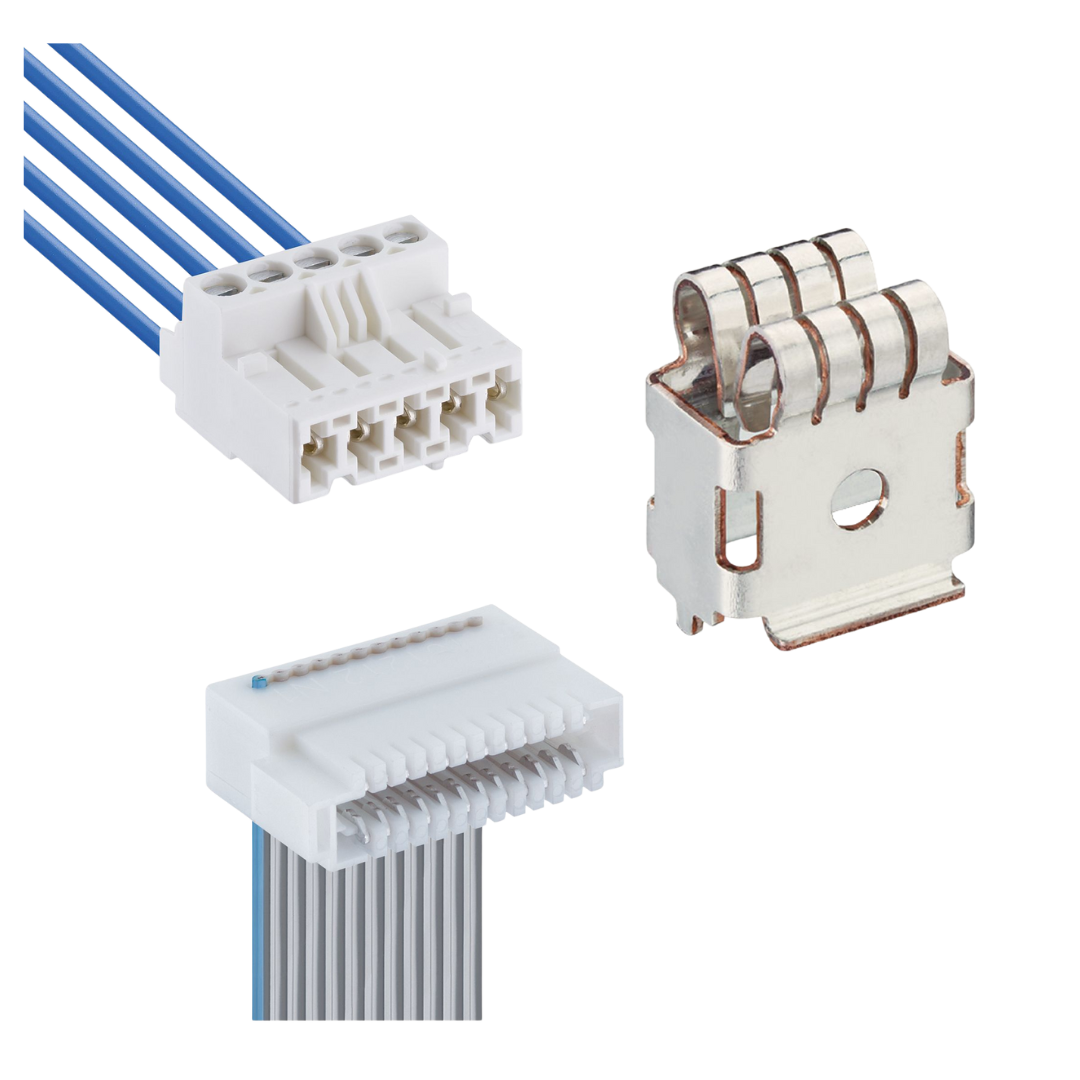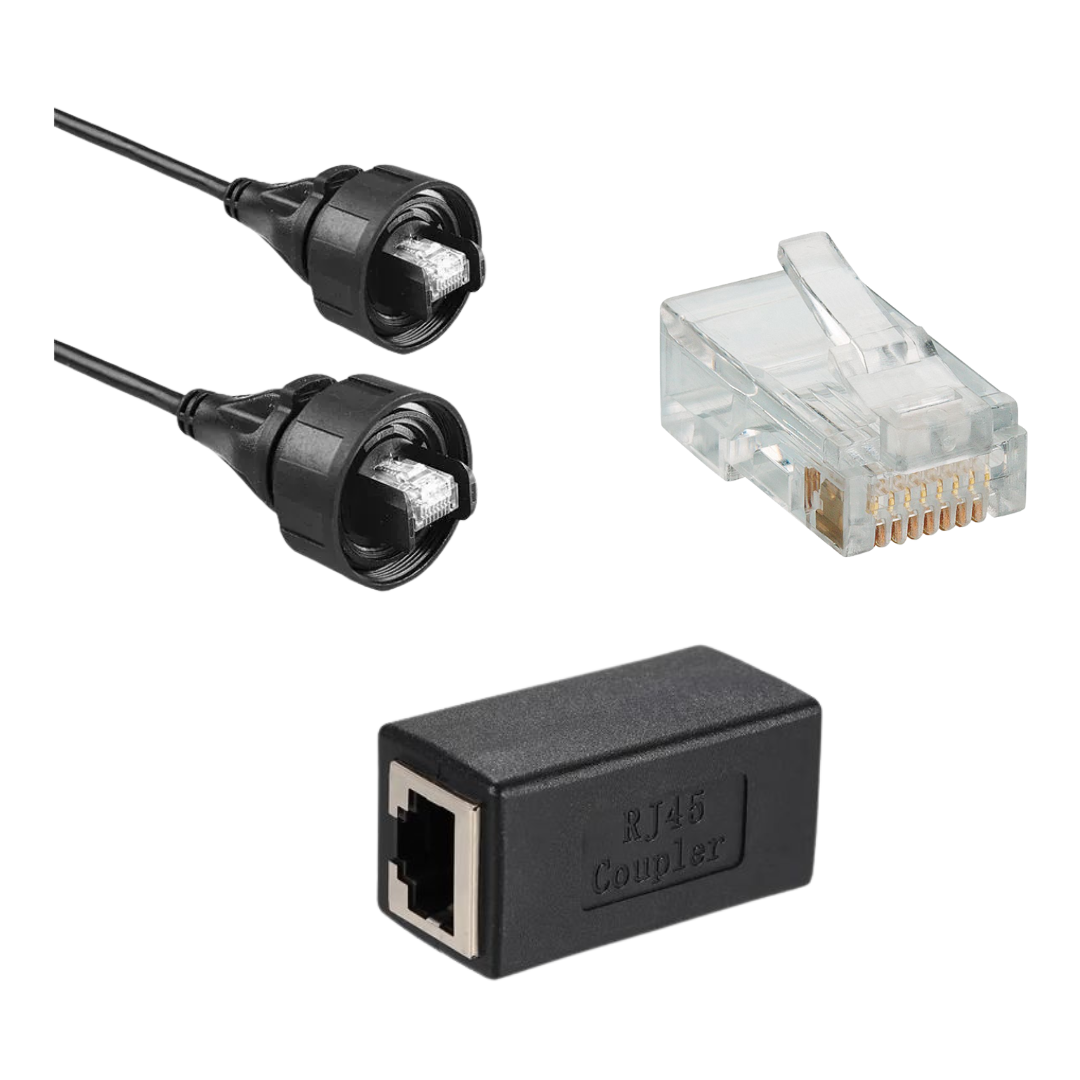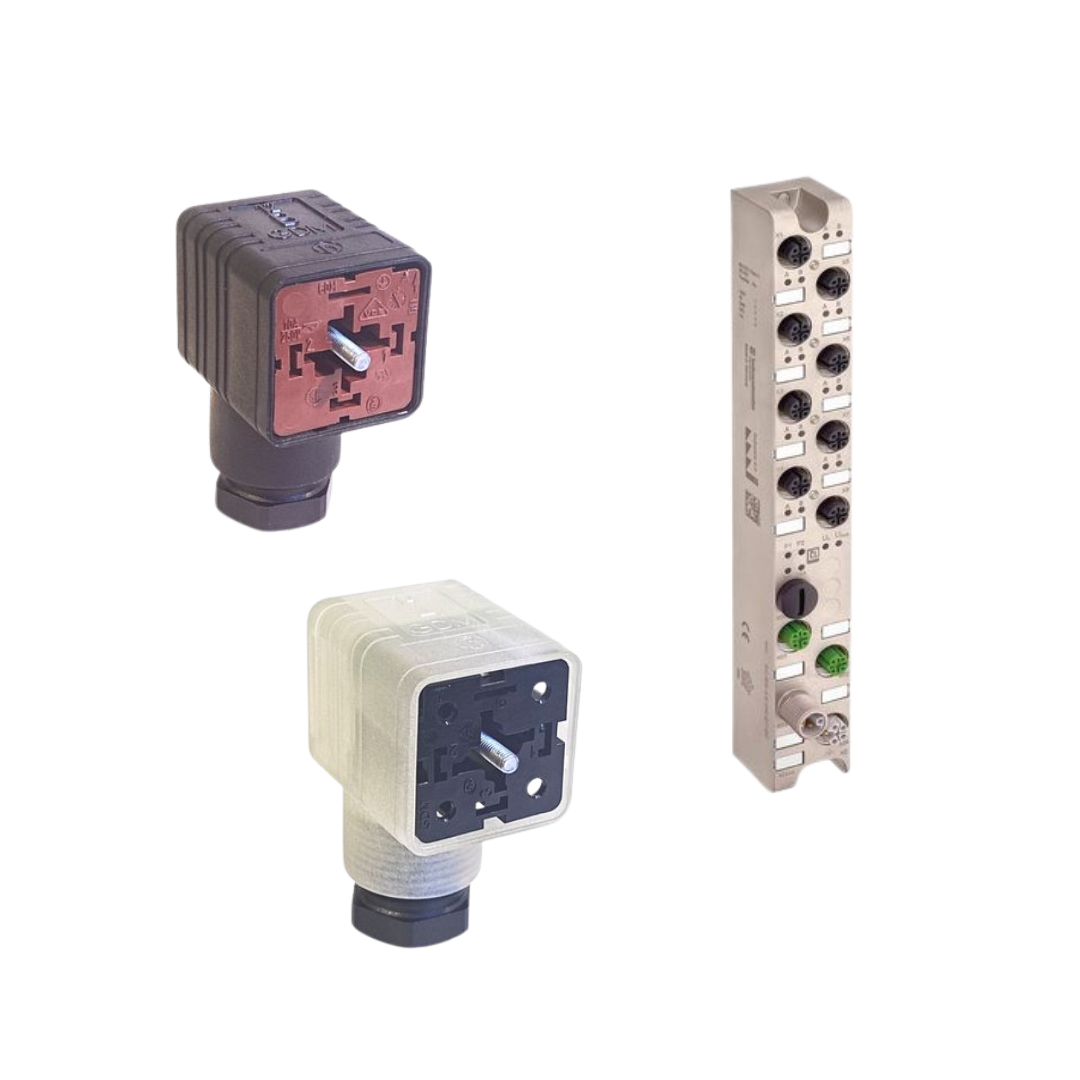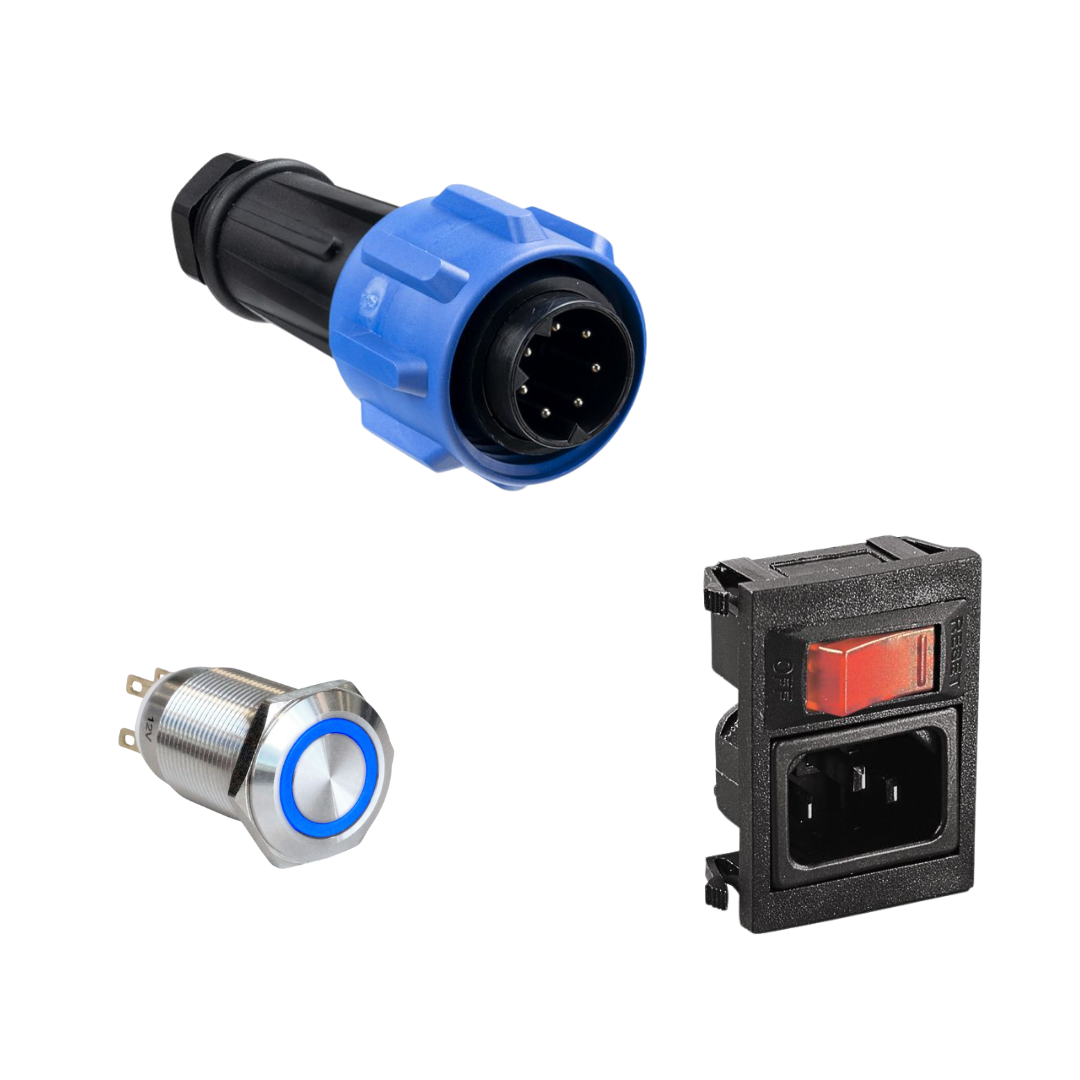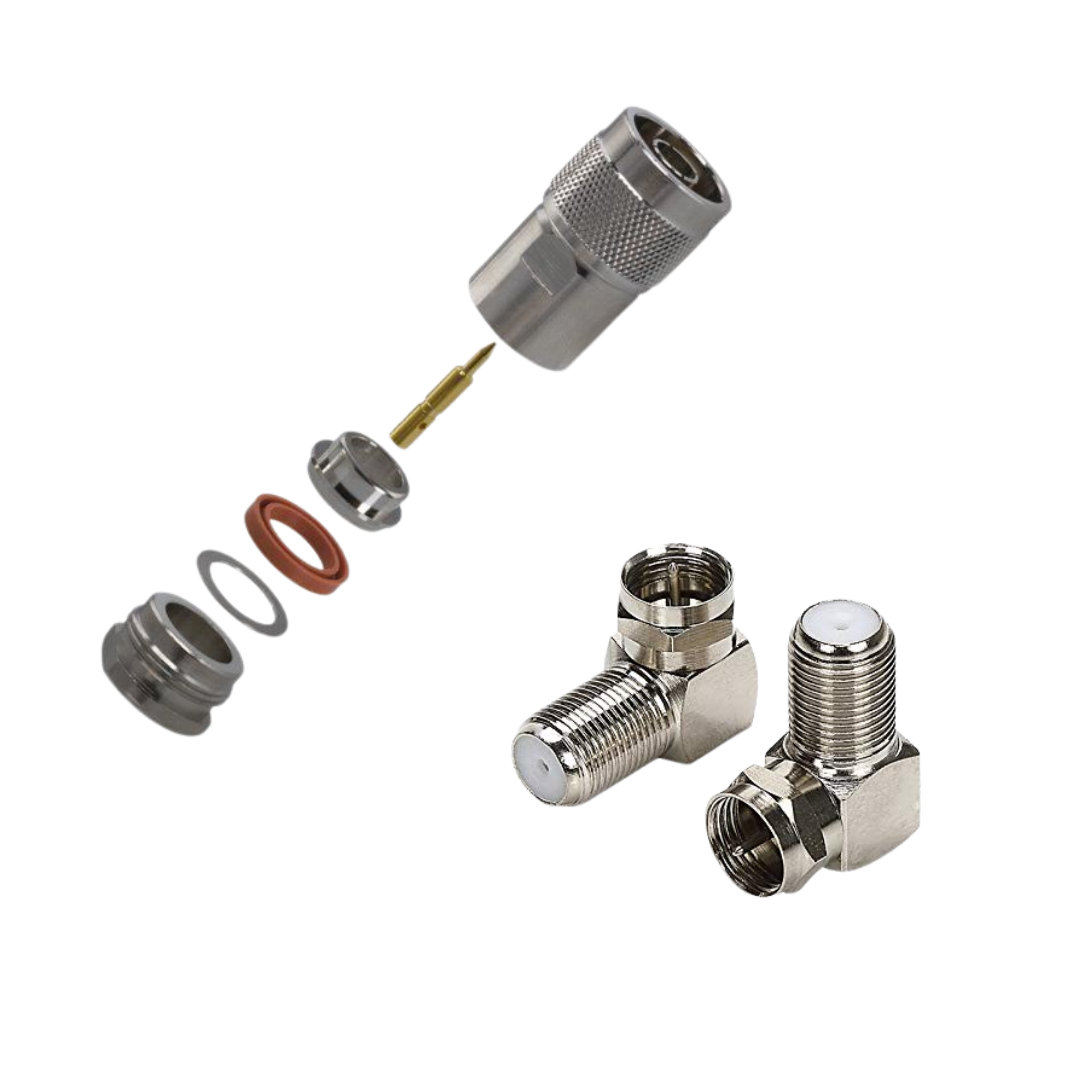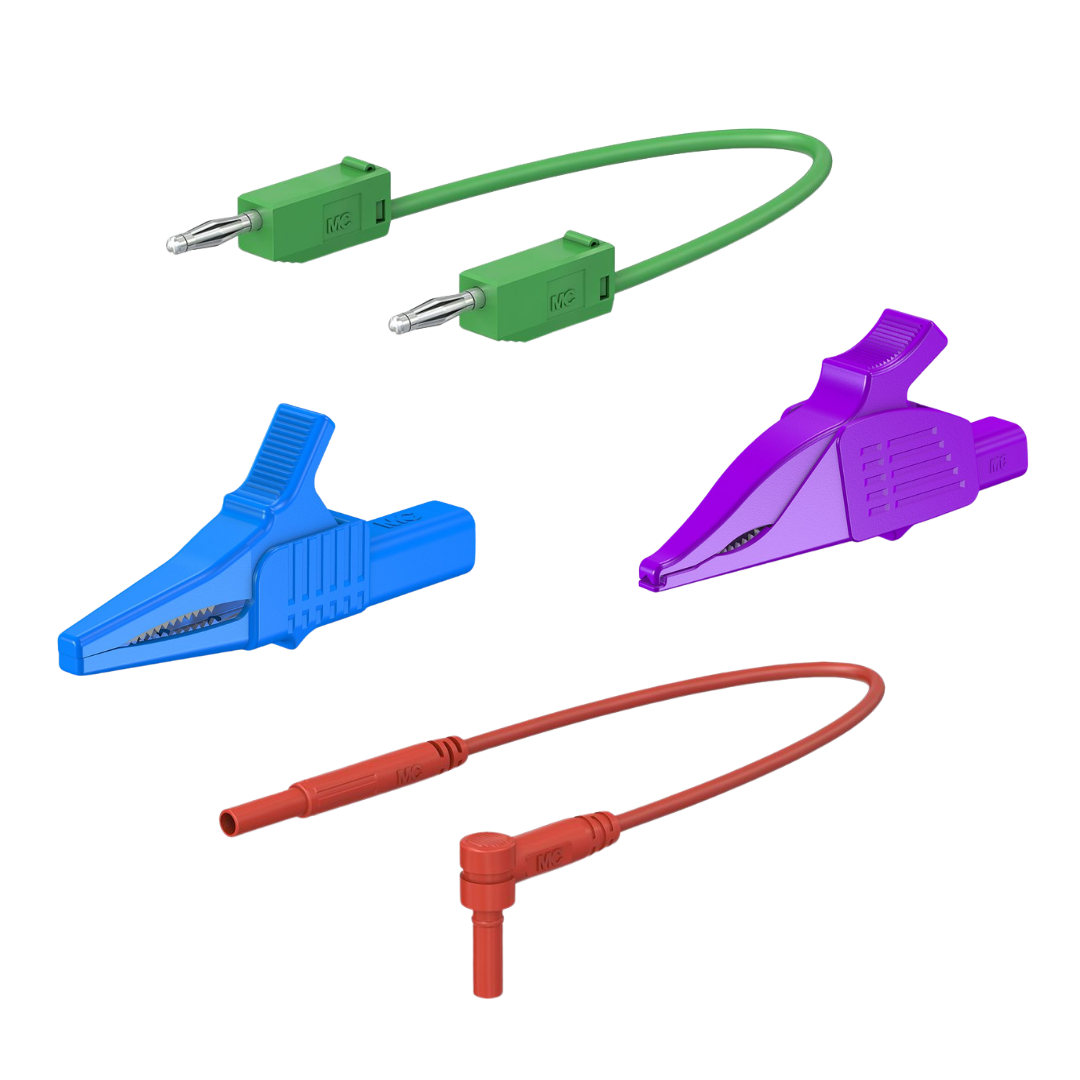10/03/2022

50 Years Ago: The Founding of Lumberg Nederland - Part 3: Sports
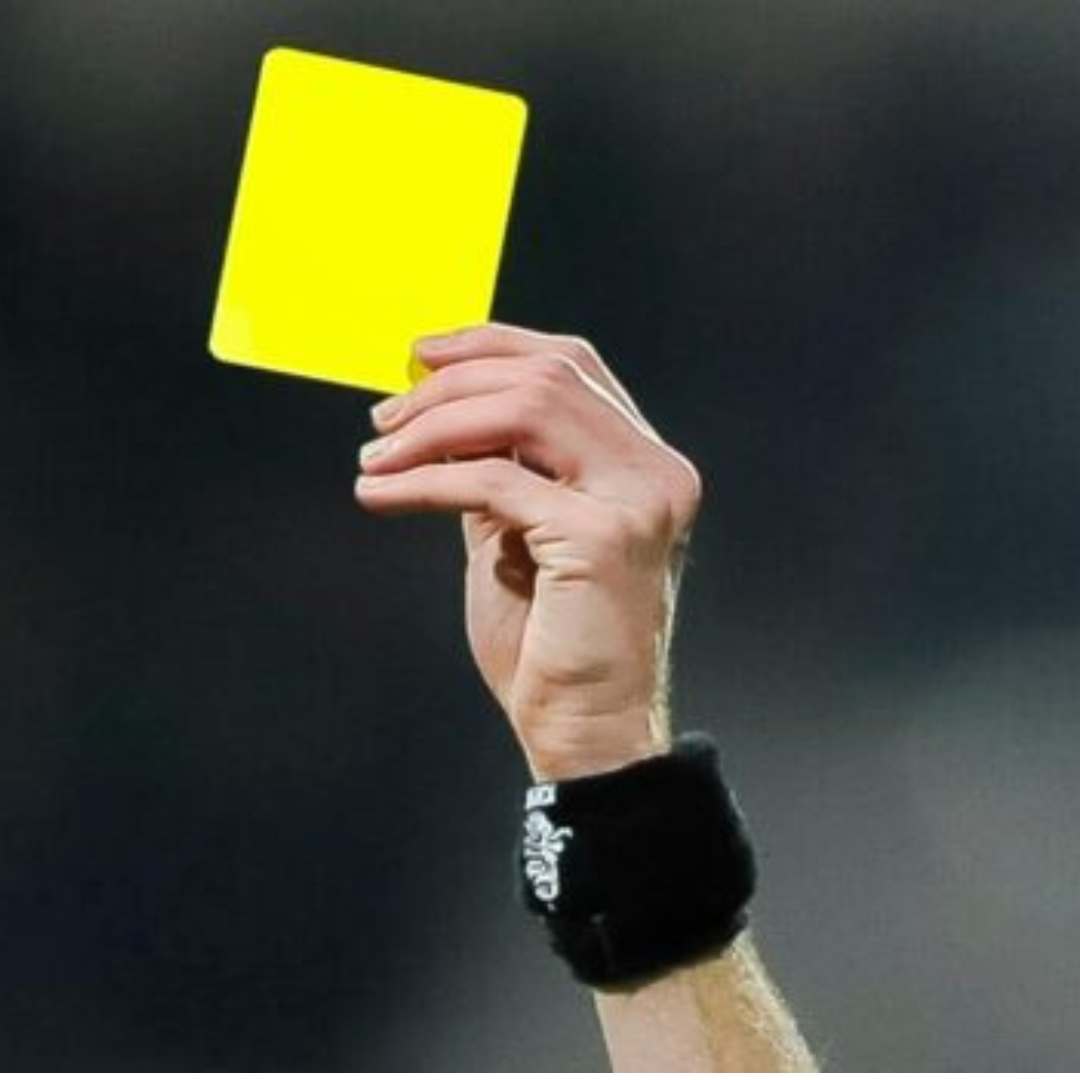
The First Yellow Card
The first yellow card (in an official match) was handed out in Dutch football. On August 13, 1972, referee Gerard Jonker issued the first-ever yellow card in the Netherlands to Eltje Edens, who played for the Eerste Divisie club Veendam.
Yellow cards had already been introduced in international football during the 1970 World Cup, intended to bridge the language barrier at global tournaments. It was sometimes difficult to clearly communicate a warning or dismissal to a player from another country. Later, yellow and red cards were also adopted in national football.
In 1972, the Dutch national team defeated Norway 9-0, marking the country’s largest win ever in a World Cup qualifying match. This monumental victory over the Norwegians would prove crucial in securing a spot in the 1974 World Cup.
The Olympic Games
The 1972 Summer Olympics were held in Munich. With three gold medals, one silver, and one bronze, the Netherlands finished 16th in the overall medal standings. The gold medals were earned by:
- Wim Ruska in judo (open class and heavyweight category)
- Hennie Kuiper in cycling
Mieke Jaapies won silver in canoeing, while Roel Luynenburg and Ruud Stokvis took bronze in rowing.
Until 1992, both the Summer and Winter Olympics were held in the same year. The 1972 Winter Games took place in Sapporo, Japan, where eleven Dutch Olympians participated. In total, the Netherlands won nine medals: four gold, three silver, and two bronze—all in speed skating. The country finished 4th in the medal standings. For comparison, at the Winter Games in February 2022, the Netherlands ranked 6th with 17 medals, including 16 in speed skating and one historic bronze in skeleton, earned by Kimberley Bos.
Formula 1
Until 1985, the Formula 1 circus often raced at Zandvoort. However, 1972 was an exception. That year, the track's safety measures were deemed inadequate, and the Dutch Grand Prix was skipped. After 1985, it took until 2021 for Formula 1 cars to officially return to Zandvoort. Unlike today, with Max Verstappen making waves, no Dutch driver competed in Formula 1 in 1972.
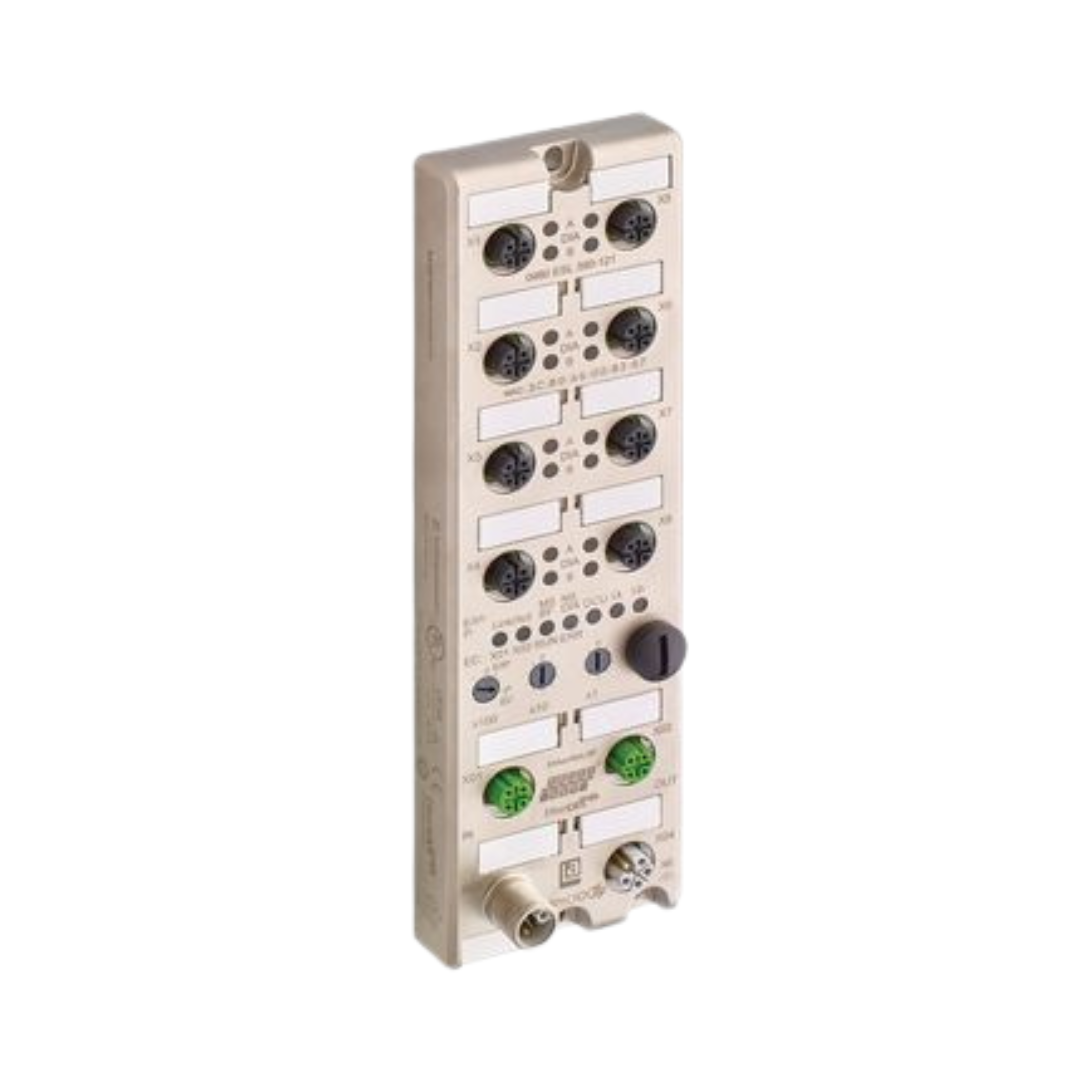
Sensors in Sports
Today, innovations in sensor technology have dramatically impacted both sports performance and people’s lifestyles. From wearables like Fitbits and Apple Watches to cutting-edge products across various sports, technology is reshaping how we measure and improve athletic performance. Through the Internet of Things and Machine Learning, entire teams’ fitness levels and fatigue can now be monitored. Based on the data collected and smart algorithms, teams can optimize their athletes’ performance.
Providing connectivity solutions for sensor technologies within the automotive, industrial, and sports sectors is also part of Lumberg’s rich history
